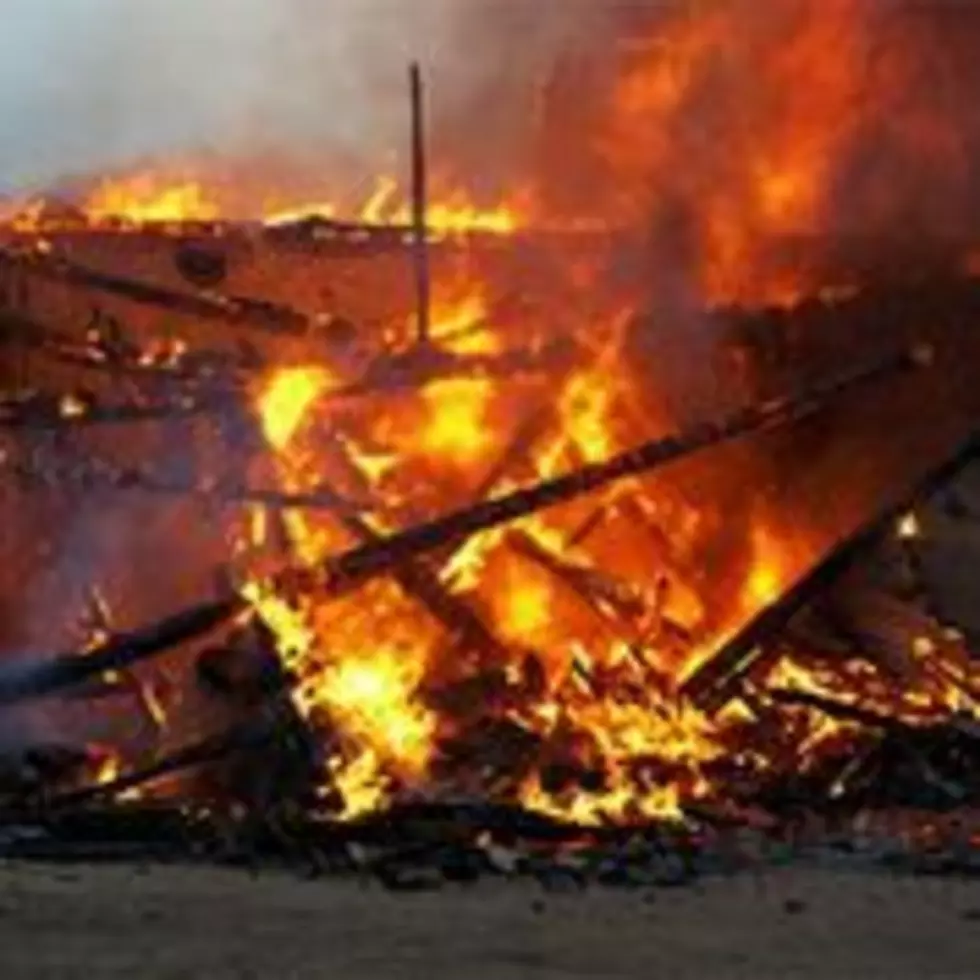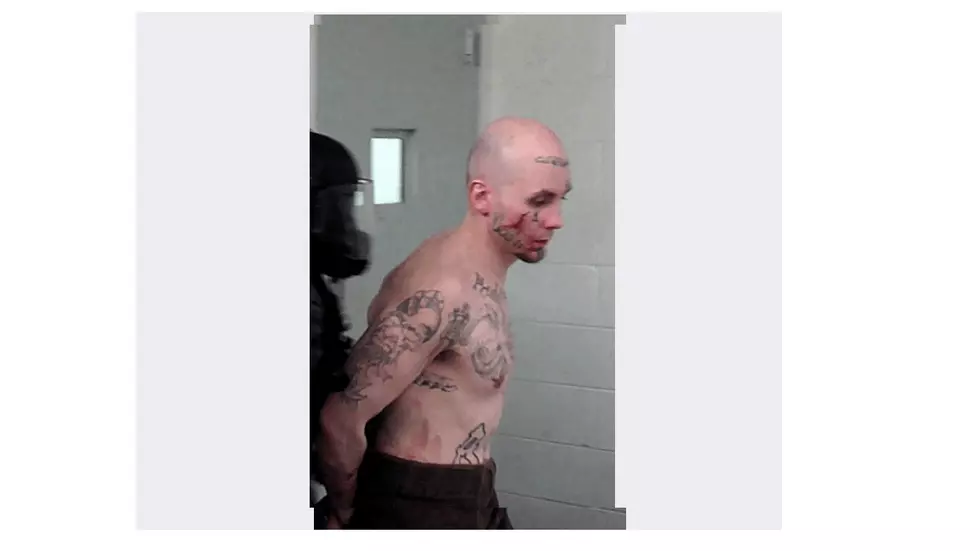
Commentary: Baltimore Burns
A teenager interviewed on TV says, “In Baltimore it’s a dog eat dog world!” I was watching the webstream from WBAL-TV on Monday night as a massive one-acre sized building burned in the background. Then the teen said something surprising. When the neighborhood school closed there wasn’t any longer a neighborhood center. No place for activities at night in the gym, auditorium or even a playground any longer for games. The result being kids spend their time on the streets. If mom even has a job there may not be a dad and no one is there to keep the young people at home.
Many of the old neighborhood schools have been closed for decades. Liberals long ago decided equality of education came from long bus rides across town. Another moment where someone didn’t think there would be unexpected consequences from their do-gooder policy.
From the late 1980s until the late 1990s I worked as a radio and television reporter in Syracuse, New York. Small by comparison to Baltimore but with all of the same troubles. There was a Democrat named Minch Lewis who was always at the margins of his party. Intellectual, bookish and subject to deep thinking about policy. In other words, a terrible retail politician. Minch did manage to get elected City Auditor but whenever he sought his party’s nomination for Mayor he was rebuffed. He just wasn’t the type of guy comfortable with walking into a room and promising that he could deliver the sun, moon and stars. He talked about limited expectations when it came to government spending and programs. As an elected money man he saw the future.
During one of his unsuccessful primary attempts he drew the scorn of his peers by calling for an end to school busing. Lewis told me many of the mom’s didn’t have men at home. The women were told work was preferable to welfare but when mom got summoned to school she had a quandary. Leaving work early usually meant a smaller paycheck. Many didn’t own cars and had to board busses, including transfers, to make it across town. If they missed the parent/teacher conference they were viewed as irresponsible and the children often had as well to pay.
The candidate told me busing had been a failure. In hindsight terrible policy. Many of the old schools had been community centers. No longer. If still open the students weren’t from the neighborhood. The teachers and administrators were mainly suburbanites. You can’t measure community pride in an exact mathematical scale but I think it’s clear the lack of a neighborhood school is a subtraction.
Lewis didn’t win the primary. I lost track of him well over a decade ago and he’s now likely long retired. He was a Chicago native who stayed on after college in hopes of making his adopted city better. He was a prophet ignored.
There is another impediment to local schooling. In many states every building must have a principal and often an assistant principal in-house. It’s the law. Following the massacre at Columbine High School almost 20 years ago there were warnings large impersonal school warehouses created the isolation which then creates the ciphers who lash out in sometimes tragic fashion. The solution would be smaller and local schools but taxpayers are then forced to pay additional large administrative salaries, benefits and retirement packages. Do you need a principal in every school or does it satisfy some narrow but potentially powerful political interest?
None of this explains away the rioting in Baltimore. Its causes are many, however. If the solution is a combination of smaller ideas then you can’t ignore neighborhood schools. Yesterday I read where last year for the first time in 60 years the population of Baltimore increased. The long decline was a result of some serious urban problems. Tell me, after seeing the flames on TV are you now eager to call the place home? After six decades and generations of failed solutions it’s time for change.
More From News Radio 1310 KLIX









